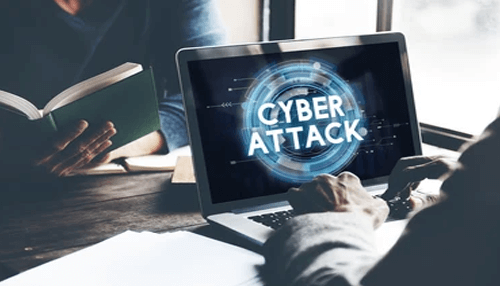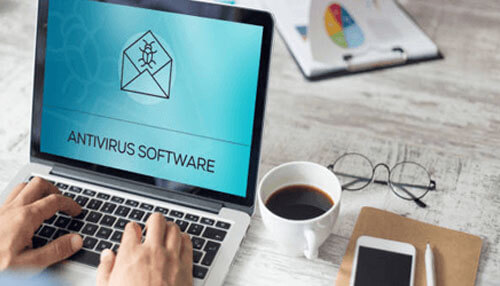Education is the key to success but unfortunately, not all are blessed with an inquisitive mind to seek knowledge. Many are not able to make use of their time in scholastic excellence due to various reasons. They find themselves working at a young age and end up leaving school at a tender age without completing any form of educational courses. There are others that have education but lack the skill or know-how in certain areas that they firmly believe can assist them in securing better jobs or for other purposes.
It should be noted that there is always room for improvement hence one should never stop learning regardless of where you are in your career path. Information will act as fuel if utilized properly towards achieving successful results thus you should acquire more knowledge and update yourself with the best practices in your career path.
The digital world has introduced its own advantages and disadvantages to this day and age. One of its most prominent impacts is teaching individuals how to stay safe online.
This article will enlighten you on simple tips that will ensure safety while surfing the internet- Peter DeCaprio
1. Use strong passwords:
It goes without saying that a password acts as a guard for all your sensitive data such as online banking, social media accounts, or emails thus creating strong passwords is vital before accessing these sites. With this precaution in mind, it’s advisable that you create unique passwords for each site you use to avoid anything fishy should one of your sites become compromised by hackers. Also, do not easily trust any site that claims to be able to help you create your password as that might just be a ruse for them to steal information.
2. Create strong antivirus software protection:
Viruses are notorious for wreaking havoc on all devices online thus it’s advisable that you install anti-virus software plus a firewall on your system. This will reduce the risk of an outsider gaining access to your computer and stealing data or locking/damaging the files held within. Moreover, ensure you update this software frequently since hackers are skilled at creating viruses with minimal effort; therefore, make sure they always have the upper hand by updating ASAP once notification is given.
3. Do not click suspicious links or email attachments:
According to Peter DeCaprio One must know that hackers are smart enough to use known names to dupe victims into clicking their links or opening their attachments. Take precautions by avoiding clicking on uncertain links or email attachments. It’s advisable that you seek confirmation from the sender in person before taking any action towards granting access to your device. The same applies to all other personal information since this might land you in a never-ending pit of trouble with cybercrime authorities if hacked.
4. Always be suspicious:
Long gone are the days when it was safe to click on any link no matter how big or small because these present days scammers are highly loaded with skills that they can create fake sites that look real thus making it challenging when spotting out fakes from reality. You must always be suspicious and take your time before clicking on any link and opening an attachment.
5. Remove suspicious programs from your computer:
Sometimes it’s not enough to simply delete those disturbing email attachments, some viruses may require more than just simple deletion since they might have installed unknown programs within your computer system which can pose a danger to your device if not dealt with accordingly. One of the most prominent examples is ransomware since these are highly dangerous against all devices online thus it’s advisable that you remove them safely without causing damage to other areas.
6. Use strong firewall protection:
While browsing the internet for sensitive information, one should be aware that hackers are lurking around waiting for their next prey- this is why having a strong firewall in place will help protect your device from potential threats that may be lurking in the background and also, protect you against phishing sites.
7. Ensure site authenticity:
Make sure to always check the link’s URL before clicking since there are high chances that hackers can create fake websites that look genuine thus tricking users into visiting them; therefore, make it a habit to check for the https:// (the “s” ensures it is safe) and also, pay attention to small details such as spelling mistakes, etc. The same goes for email addresses since scammers can use real names while creating fake accounts thus one must ensure they double check all small yet significant details before granting access to their personal information.
8. Update the computer regularly:
It’s quite unfortunate that these present days, hackers have become smart enough to create advanced viruses that can easily bypass security software as well as firewalls thus it’s essential that you update your computer regularly via trusted sources.
Conclusion:
As a final note, one must know that information online is not always safe due to various reasons but I believe this article will help immensely if taken seriously and implemented accordingly. Don’t be a victim of cybercrime since prevention is better than cure.




